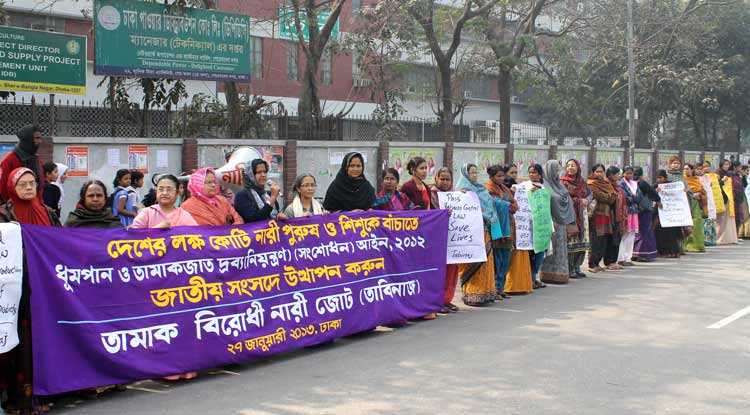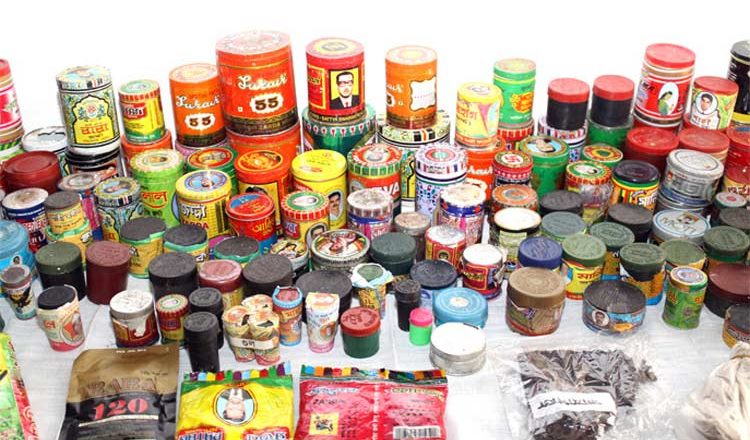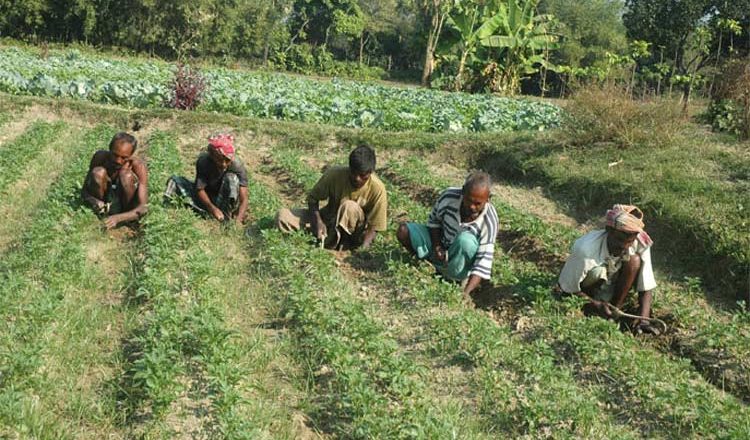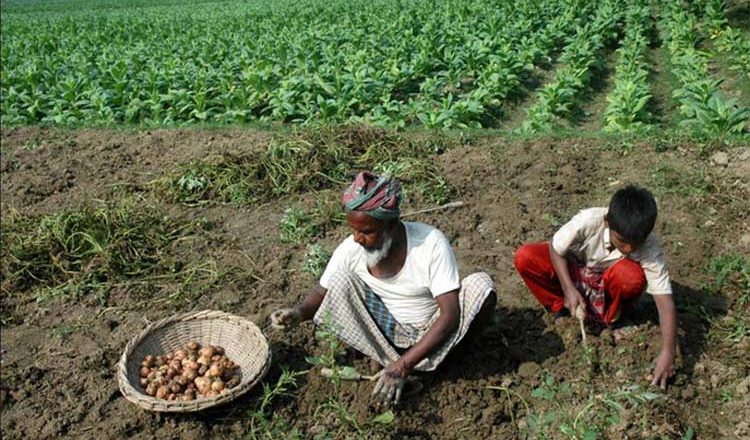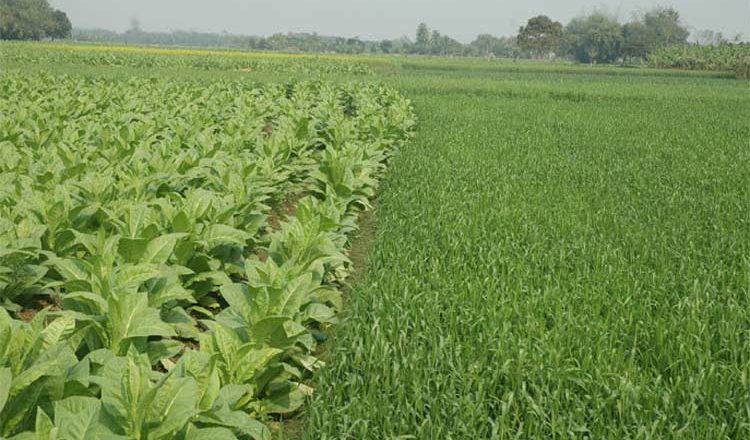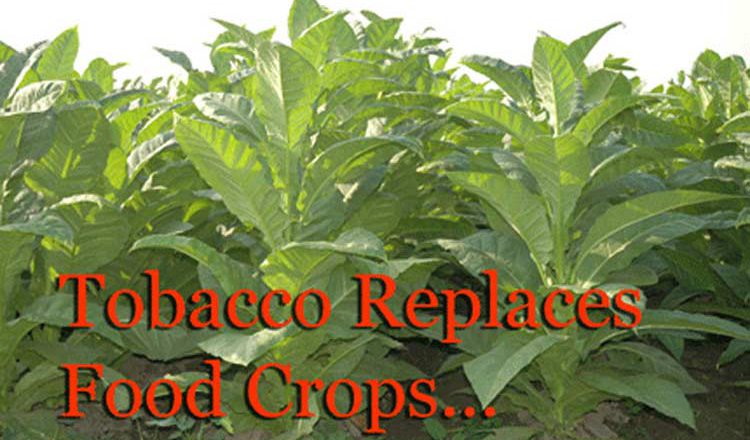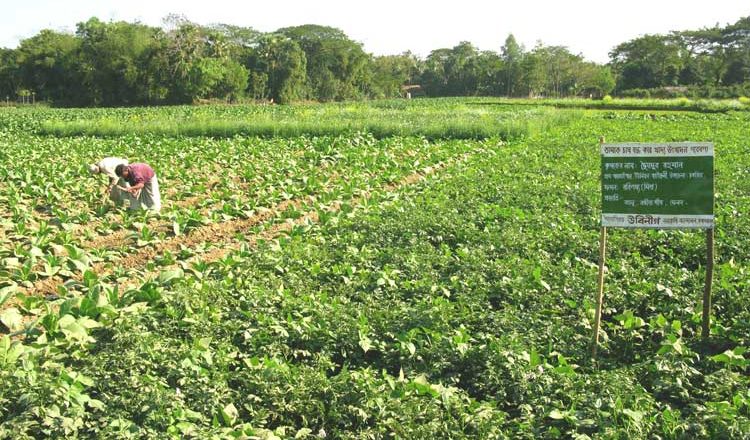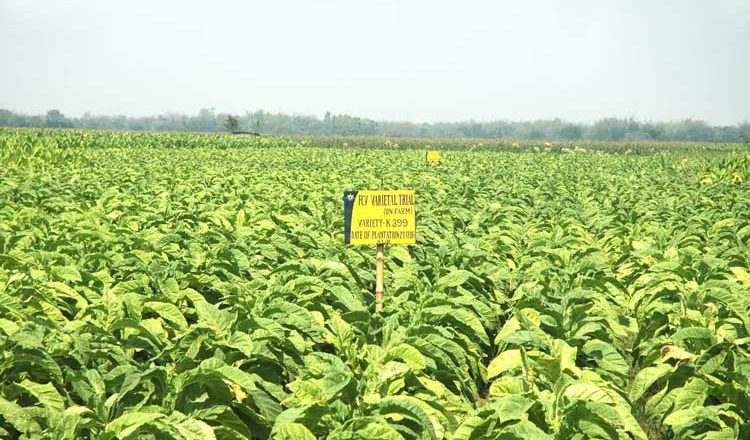Gender-specific tobacco control measures and Women’s leadership
Farida Akhter || Wednesday 05 November 2014
The World Health Organization (WHO) took the lead in 2003 to formulate a global treaty called the WHO Framework Convention on Tobacco Control (FCTC) is an evidence-based treaty that reaffirms the right of all people to the highest standard of health. It was the first treaty that was designed in developing a regulatory strategy to address addictive substance, such as tobacco and that asserted the importance demand reduction strategies as well as supply issues. The FCTC was unanimously adopted on 21 May 2003, at the 56th World Health Assembly, and was opened for signature, for a period of one year, from 16 June 2003 to 22 June 2003 at WHO headquarters in Geneva and thereafter at United Nations Headquarters in New York, from 30 June 2003 to ...
